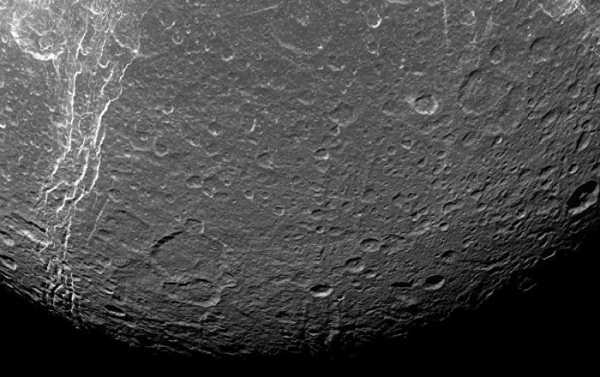
Humans have built telescopes on Earth, put them on planes and even sent them to space, but they have yet to build one on other celestial objects. A lunar observatory, deployed inside a crater on the far side of the Moon, would have significant advantages compared to Earth-based and Earth-orbiting telescopes.
NASA has given the green light to a project which envisions building a telescope inside a crater on the far side of the Moon, Vice reported. The space agency’s Innovative Advanced Concepts program selected the Lunar Crater Radio Telescope (LCRT) for initial “Phase I” funding, allocating $125,000 to study its feasibility. The telescope was created by Saptarshi Bandyopadhyay, a robotics technologist at NASA’s Jet Propulsion Laboratory.
“LCRT with 1km diameter will be the largest filled-aperture radio telescope in the Solar System”, wrote Bandyopadhyay in the abstract.
The lunar observatory, deployed inside a crater on the far side of the Moon, would have significant advantages compared to Earth-based and Earth-orbiting telescopes. First, radio signals can’t go through the Moon, so it can serve as a shield against the signals coming from Earth-based sources, satellites or the Sun and isolate the telescope from this noise. Second, such an observatory can study the universe at wavelengths greater than 10m, which has so far remained unexplored by humans since the Earth’s ionosphere reflects such signals.
“LCRT could enable tremendous scientific discoveries in the field of cosmology by observing the early universe in the 10– 50m wavelength band, which has not been explored by humans till-date”, wrote Bandyopadhyay.
Sourse: sputniknews.com






